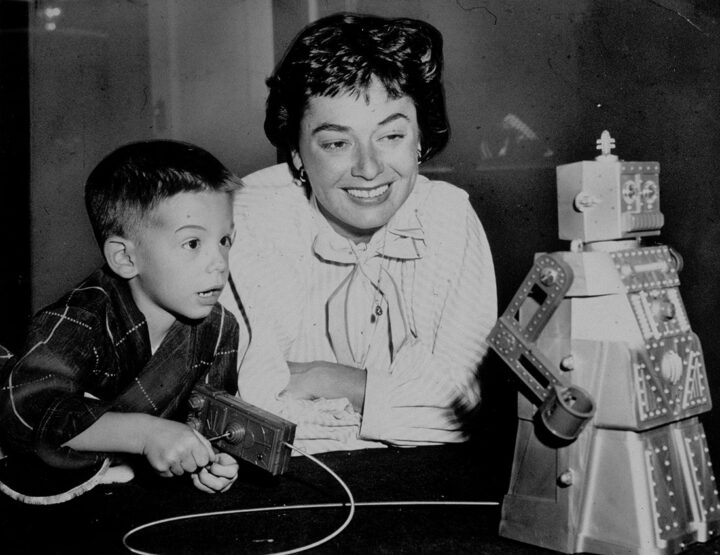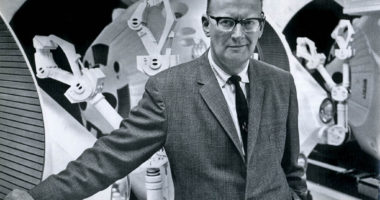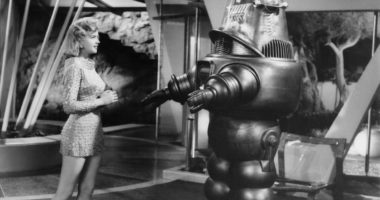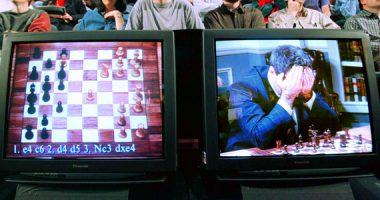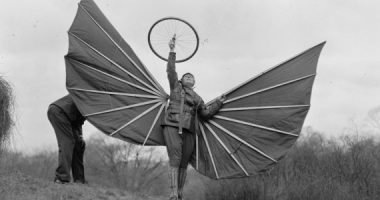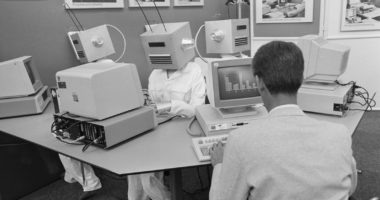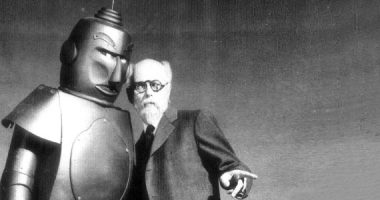Technology
Technogrief: Love, Loss and Labour in an Age of Digital Domesticity
Helen Hester
The possibility of establishing emotional relationships with home technology raises new dilemmas and questions.
Technology
Wi-Fi in the Amazonia: The Dilemma of Connectivity
Ferran Esteve
The arrival of the internet in indigenous communities poses the challenge of how to participate in technological progress while maintaining cultural identity.
Planet
Life in the Shade
Tomás Criado
To relearn how to live in today’s cities, we must push aside the savage power of the Sun, placing shade at the centre.
Planet
The Interaction Between Humans and Fire in a Changing World
Andrea Duane | Francisco Lloret
We need to rethink our relationship with fire, encouraging systems where fires can bring more benefits than harm.
Storytelling
Oh, Love, Where Are You?
Pol Guasch
Why do we only invoke love when talking about the economy, culture and society? Why do we forget poems, books and verses?
Most read
Technology
“Any sufficiently advanced technology is indistinguishable from magic.”
Efraín Foglia | Ferran Esteve | Lucía Lijtmaer | Luis Paadín | Óscar Marín Miró | Ramon Mas Baucells
We invited several authors to explain what this quote by Arthur C. Clarke conjures up for them.
Technology
The I in the Internet
Jia Tolentino
The Internet has gone from being a utopia where everything was possible to a place full of angry people obsessed with their own representation
Education
Henry Giroux: “Those arguing that education should be neutral are really arguing for a version of education in which nobody is accountable”
João França
An interview with founder of critical pedagogy Henry Giroux on the meaning of education, suspicions regarding neutrality and on how current uncertainties could be a driving force to rethink and generate new possibilities.
Culture
Extremely Short History of Trap Music
Max Besora
We review the origins and principal identifying features of this musical genre, strongly linked to digital technologies and the Internet.
Science
Anil Seth: “Reality is a controlled hallucination”
Sònia Hernández
A conversation with the neuroscientist about the nature of consciousness, how it can be studied and the implications of understanding it.
Featured Dossier
Artificial Intelligence
Technology
The Singularity
José Ignacio Latorre
Computation’s possibility for self-learning is leading us towards a point of technological singularity where an artificial intelligence, capable of self-improvement, will surpass the limits of human intelligence.
Technology
The Bad Pupil
Estampa
Through artistic practice, the Taller Estampa reflects on the discourse around artificial intelligence.
Technology
Machines Now Know How to Terrorise Humans
Cristina Sáez
The Shelley Project studies how to produce horror stories as a result of collaboration between humans and artificial intelligence.
Technology
Machines and Humans: We Need to Talk
Andreu Belsunces | Marta Handenawer
The rise of personal virtual assistants calls for reflection on who is helping whom, and to what extent we will delegate tasks to machines.
Storytelling
The Book to Come
Javier Celaya
Artificial intelligence, big data, and virtual reality are set to change the book world over the next ten years.
Technology
When Creativity Ceased To Be (Exclusively) Human
Jose Valenzuela Ruiz
How do artistic artificial intelligences work? We analyse what seemed to be the last stronghold of human creativity.
Science
On the Multiplicity of Intelligences
Roc Jiménez de Cisneros
What is intelligence? How can we accurately define a concept that we only understand superficially?
Science
Avatars, Cyborgs and Robots: Can Humans Enhance Themselves? (I)
Sandra Álvaro
The design of bionic prostheses and the creation of intelligent machines are some of the advances made towards enhancing our physical and intellectual abilities
Science
Avatars, Cyborgs and Robots: Can Humans Enhance Themselves? (II)
Sandra Álvaro
Codifying human beings and increasing the processing capacity of computers has made it possible to create machines that can respond to our actions.
Technology
Living with Smart Algorithms
Sandra Álvaro
Algorithms enable us to create smarter machines, but their lack of neutrality and transparency raises new challenges.
Technology
Algorithmic Injustice
David Casacuberta
In light of the increasing use of algorithms to automate decisions, we do not just want them to produce results that are correct. They must also be fair.
Science
The “uncanny valley” hypothesis in robots
Ferran Esteve
The "uncanny valley" hypothesis holds that when a robot looks almost, but not exactly, like a human being, it causes disconcert and revulsion in the observer,
